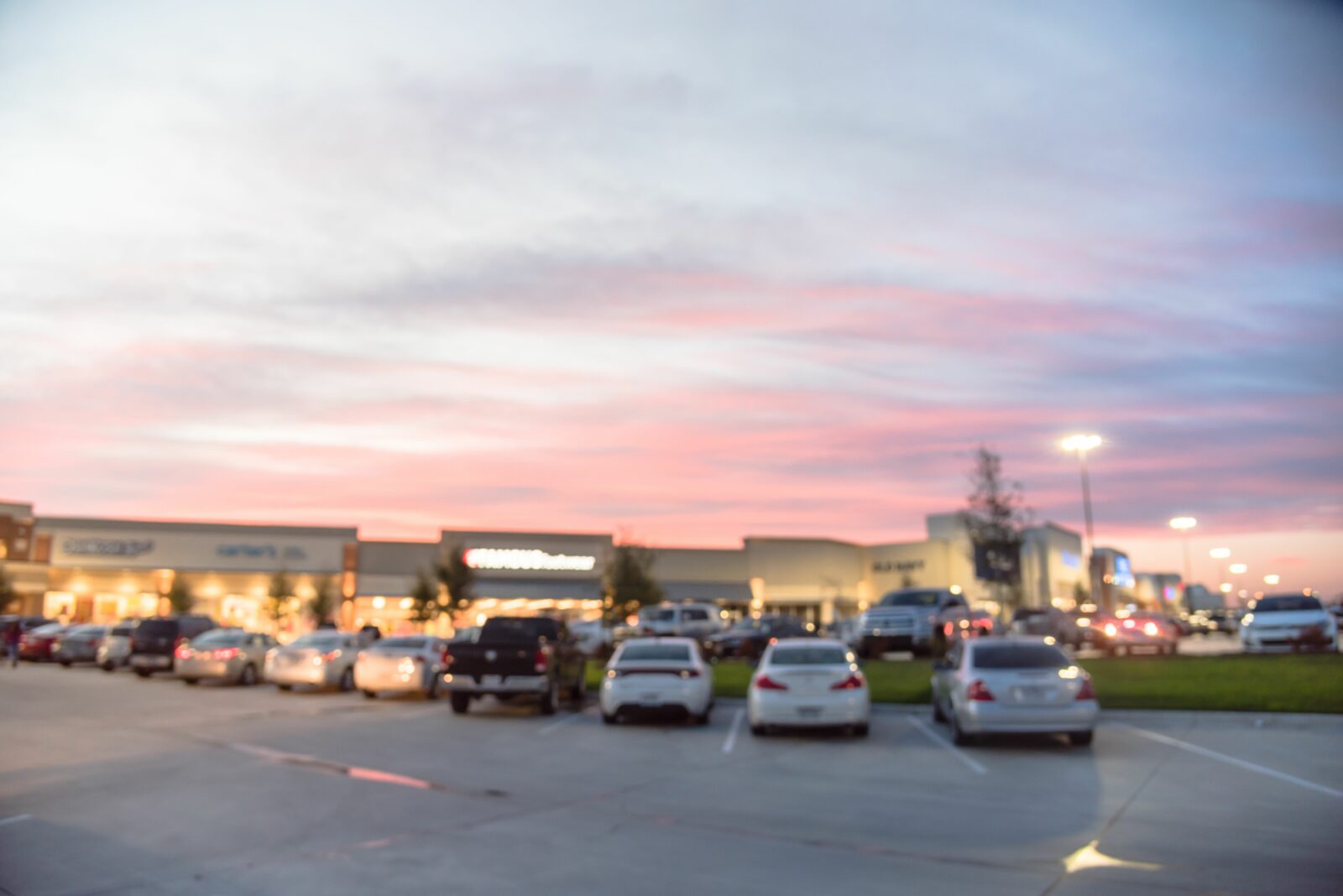When people spend time at shopping centers, they expect to feel a level of safety for themselves and their possessions. Unfortunately, assault and theft can happen when security is negligent. When this occurs, a premises liability lawsuit may be filed to hold property owners accountable for their negligence.
The attorneys of Flickinger • Boulton • Robson • Weeks are experienced in representing victims of negligent security at shopping centers in and around Salt Lake City, UT. If you are the victim of a crime that you believe resulted from negligent security, our attorneys are standing by to help with your case.
What Is Negligent Security?
Property owners or property managers have a legal responsibility to protect customers or guests on their property from predictable harm. When it comes to shopping centers, it falls on the property owner or manager to take necessary measures to keep customers and patrons safe while they shop or work. Part of this responsibility is providing proper levels of security.
Negligent security means that insufficient or no security measures are in place, leaving customers, patrons, and guests of the property at risk of assault, theft, or property damage.
When there’s a lack of security measures and an injury, property damage, or theft occurs, it may be possible for victims to recover damages through a premises liability lawsuit against the property owner.
Examples of Negligent Security at Shopping Centers
Negligent security at shopping centers can affect customers, employees, or anyone who spends time on the property. Some examples of negligent security include:
- Poor lighting or no lighting: Poor lighting or no lighting can increase the risk of violent crimes. Adding lights to dark areas, such as parking lots, can help discourage violent attacks and theft. Proper lighting can also help prevent accidents, such as tripping or slipping.
- Lack of security cameras: Security cameras can help deter crime, especially in areas where crime is more likely to occur at a shopping center, for instance around ATMs and parking lots. Security cameras also provide valuable information when a crime does take place, specifically identifying information for a suspect. Without cameras, it can be difficult to find the person who perpetrated the crime.
- Lack of security guards: Security guards and other security personnel regularly patrolling shopping centers can help scare away criminals and protect customers, employees, and guests from being victimized. Without security guards or a sufficient number of security guards, people and their possessions may be vulnerable while shopping or working at a shopping center.
- Missing or broken locks: Businesses in shopping centers must have functioning locks in order to protect merchandise and employees from theft or assault. Without proper locks, intruders may be able to enter a business in restricted, employee-only areas or enter after business hours, leaving businesses vulnerable to theft and employees vulnerable to violent crime.
Holding Negligent Property Owners Accountable
Those who have suffered an injury, assault, loss of property, or property damage as a result of negligent security, may be able to recover compensation for pain, suffering, and other damages through a premises liability lawsuit.
Through a premises liability lawsuit, property owners who fail to provide proper security measures to protect customers and employers from foreseeable criminal activity, like a mugging in a dark parking lot, can be held accountable for their inaction.
Contact the Attorneys of Flickinger • Boulton • Robson • Weeks
If you have been the victim of a crime at a shopping center lacking proper security, you may be entitled to compensation for your pain and suffering. To find out if your circumstances are grounds for a premises liability lawsuit, call our legal team at (801) 500-4000 to schedule a consultation.



